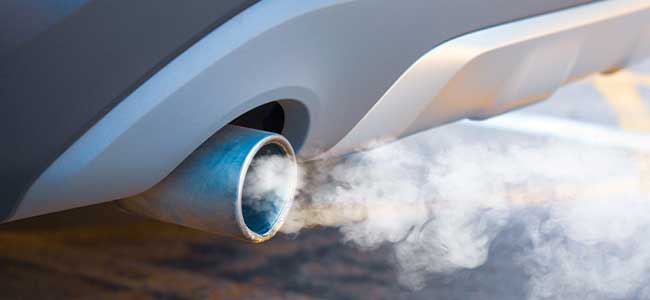
EPA Offers $9 Million Grants to Tribes and Territories to Cut Diesel Emissions
EPA announces $9 million in grants for tribes and territories to reduce diesel emissions, aiming to improve public health and support local economies.
- By Robert Yaniz, Jr.
- May 14, 2024
The U.S. Environmental Protection Agency (EPA) announced a $9 million grant funding initiative for tribal governments and eligible territories. This initiative aims to reduce harmful emissions of NOx and PM2.5 from older diesel engines, which contribute to asthma and respiratory diseases.
According to a recent release, a total of $8 million will be allocated to federally recognized tribal governments, intertribal consortia and Alaska Native Villages. The remaining $1 million will go to territories including the U.S. Virgin Islands, Guam, American Samoa and the Commonwealth of the Northern Mariana Islands. Matching funds are not required for eligibility, aiming to expand access to diesel emission reduction projects for tribes and territories with limited resources.
“EPA is pleased to support the air quality goals of tribes and territories as they work to improve public health,” EPA Assistant Administrator for Air and Radiation Joseph Goffman said in a statement. “Replacing older, more polluting diesel vehicles and equipment with cleaner new alternatives will reduce harmful diesel exhaust in nearby communities while supporting local economies.”
The Diesel Emissions Reduction Act (DERA) program has been working with tribes since 2014 and opened to territories in 2021. The program prioritizes projects in areas with challenging air quality issues, especially those benefiting underserved communities. Application packages must be submitted by December 6, 2024, with separate reviews for tribes and territories.
For more on the Notice of Funding Opportunity, visit the Tribal and Territory Grants webpage, or the DERA Program webpage for general information on the program.
About the Author
Robert Yaniz, Jr. is the Content Editor for Environmental Protection.